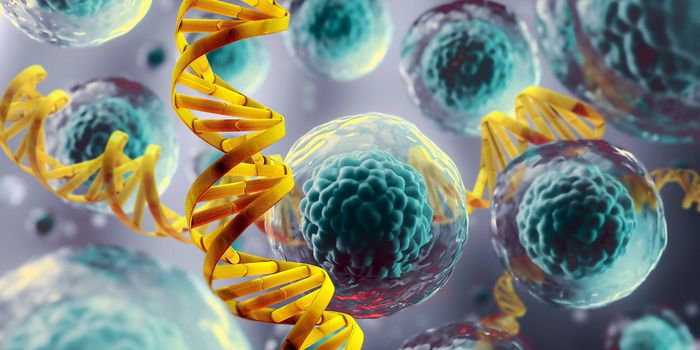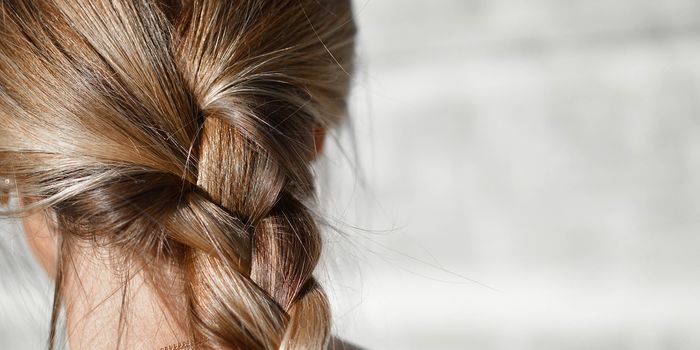Over 100 New Genes That Determine Hair Color ID'ed
A research team from King's College London and Erasmus MC University Medical Center Rotterdam has learned more about the genes that give us our individual hair colors. They have found a staggering 124 genes that influence the shade of hair. This work highlights the complexity of human physical characteristics and could help researchers learn more about disorders that are connected to skin pigmentation, like prostate, testicular, ovarian, and skin cancers. It will also help advance forensic sciences.
"This work will impact several fields of biology and medicine. As the largest ever genetic study on pigmentation, it will improve our understanding of diseases like melanoma, an aggressive form of skin cancer,” said author Professor Tim Spector from King's College London.
Only about a dozen genes have previously been linked to hair color, although it was known that the trait was largely determined by genetic factors.
The team used information from several sources including 23andMe Inc., UK Biobank, the International Visible Trait Genetics Consortium and their study partners to assess the DNA of around 300,000 individuals of European descent, combined with their self-reported hair color.
The analysis revealed over 100 genes that were not known to have an effect on pigmentation, as well as a few others. The team suggested that this methodology enables the prediction of hair color with greater accuracy.
"Besides substantially increasing our understanding of human pigmentation genetics in general, finding these new hair color genes is also important for further increasing the accuracy of hair color prediction from DNA traces in future forensic applications, which can help to find unknown perpetrators of crime,” said author Professor Manfred Kayser from Erasmus MC.
Genes that influence the color of hair can affect various types of cancer, and some pigmentation genes can impact the risk of developing bowel disease.
"Our work helps us to understand what causes human diversity in appearance by showing how genes involved in pigmentation subtly adapted to external environments and even social interactions during our evolution. We found that women have significantly fairer hair than men, which reflects how important cultural practices and sexual preferences are in shaping our genes and biology,” said Spector.
"While the genetics of hair color is an interesting problem in itself, we hope that better understanding of the biology of melanin pigmentation will be applicable to studies of diseases that interact with pigmentation, such as skin cancer or vitiligo,” said study co-author Dr. David Hinds from 23andMe.
So now that you know more about how our genetic code influences our hair color, you can find out about how the body builds the hair, from the video.
Sources: AAAS/Eurekalert! Via King’s College London, Nature Genetics









